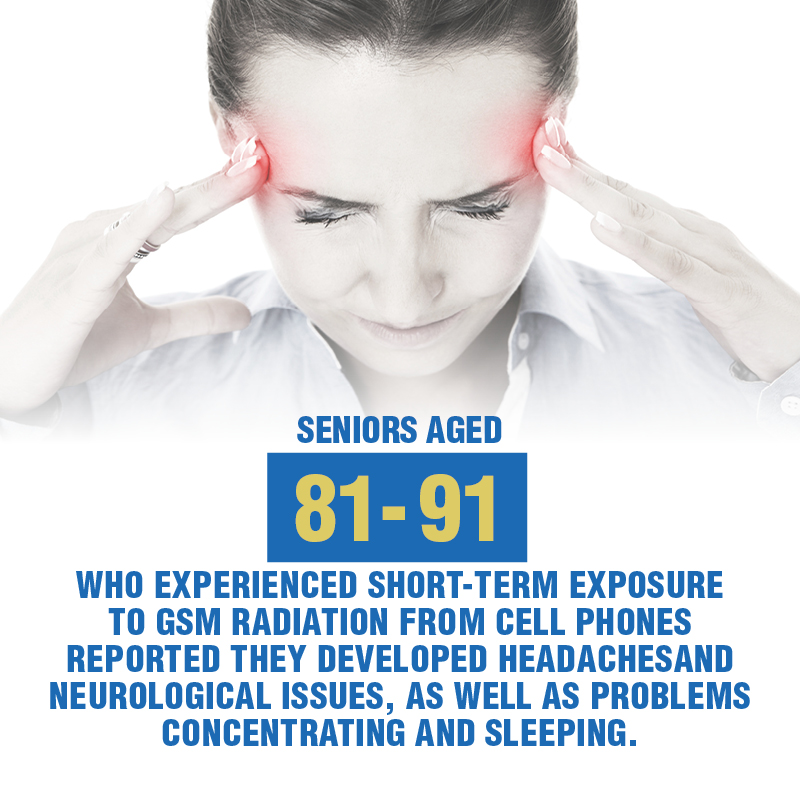Information about Electromagnetic Field Sensitivity

Electromagnetic field sensitivity (EMF sensitivities) is a condition where a person has a strong sensitive to electromagnetic fields that surround him. This condition is not limited to areas where there is no electrical current, but can affect people who have an open circuit, or are in contact with electromagnetic field for extended periods of time. The Environmental Health Center in Dallas has a comprehensive understanding of the causes of EMF sensitivity and can assist patients in treating the symptoms. The center can perform tests to determine whether someone is vulnerable to EMF exposure. This can be done with the latest technology to measure heart rate variability.
The IEI-EMF sensitivities are a sign of exposure to electromagnetic fields
Electromagnetic pollution and its magnetic fields that result from it have been implicated in the onset of many of illnesses. The signs and symptoms can be difficult to identify and some individuals have experienced a variety of symptoms. They could be the result of a pre-existing condition or an ailment caused by the prospect of exposure to high levels in electromagnetic field. Regardless of the cause these symptoms can be debilitating for people who experience them. Despite this the scientific community is not certain of the extent to which the IEI-EMF sensitivity syndrome and how widespread it is.

emf sensitivity symptoms is not a symptom of electrohypersensitivity
While the symptoms of electrohypersensitivity and EMF sensitivity are similar, there are some key differences. Electromagnetic hypersensitivity is frequently not understood, and the symptoms may vary. It is essential to obtain a proper diagnosis to understand the root cause and potential treatments.
It isn't a symptom of EHS
Although EMF sensitivities are not an underlying characteristic of EHS, it is often linked to the condition. Indeed, some studies suggest that the condition is related to environmental factors and genetics rather than any particular physical condition. Despite this, more research is needed to come to a definitive conclusion.
electromagnetic hypersensitivity symptoms can be perplexing
The signs of EMF sensitivity can be perplexing. The majority of EHS sufferers aren't able to attribute their condition to any specific cause. They seek medical attention, but are unable to identify a cause for their condition. It is possible that they might have an underlying mental disorder that can lead to an increasing feeling of anxiety and helplessness.
It can be terrifying
Electromagnetic fields or EMFs, can be terrifying. Many people have reported experiencing uncomfortable symptoms when exposed to these fieldsthat are produced by devices like mobile phones and Wi-Fi routers. The symptoms can range in severity, and in extreme cases, individuals are forced to avoid fluorescent lights and electronic devices. In extreme cases, people may even withdraw from modern society altogether and live in isolated communities known in the industry as "EMF-free areas".
It can help with the production of melatonin.
One of the most important hormones in the body Melatonin is a hormone that is produced in the pineal gland. It plays a role in a variety of physiological functions, including the regulation of circadian rhythm. However, its use as a protection factor against non-ionizing electromagnetic fields has been in doubt mostly due to the inconsistencies between studies. To date, our understanding of this hormone's protective mechanisms is largely based upon our knowledge of the mechanism by which it works to protect the body from the oxidative stress caused by RF/ELF exposure.
It can aid with autonomic nervous system changes
Several studies show that EMF sensitivity can affect your autonomic nervous. People suffering from the condition may experience altered autonomic responses and can experience digestive problems. Some patients have problems digesting food properly , or feel sick following a light meal. Other patients may experience fluctuations in body temperature or are suffering from heat intolerance. These conditions are usually due to other health issues, such as diabetes.
